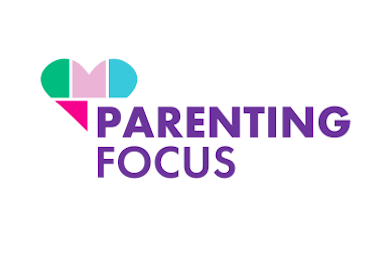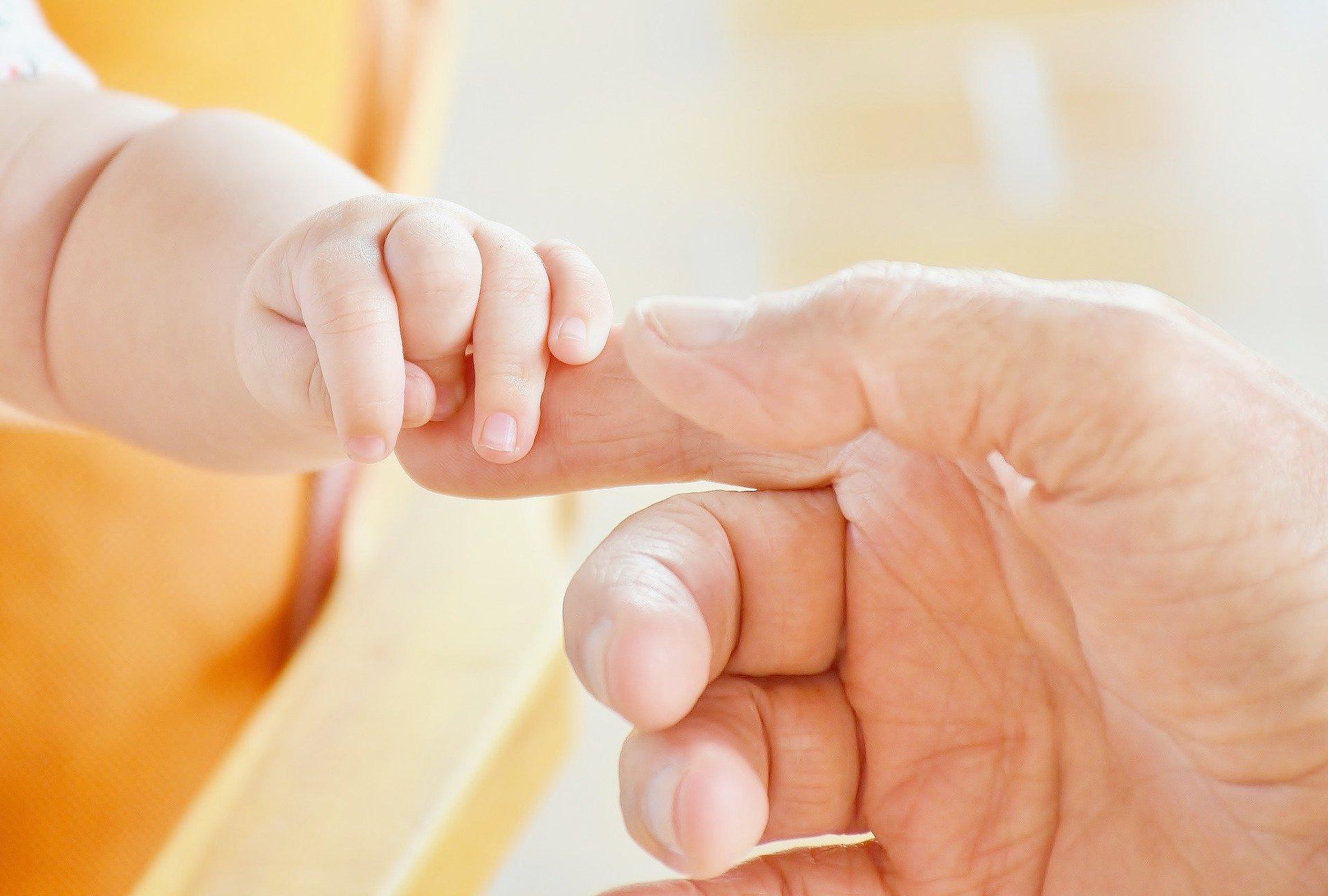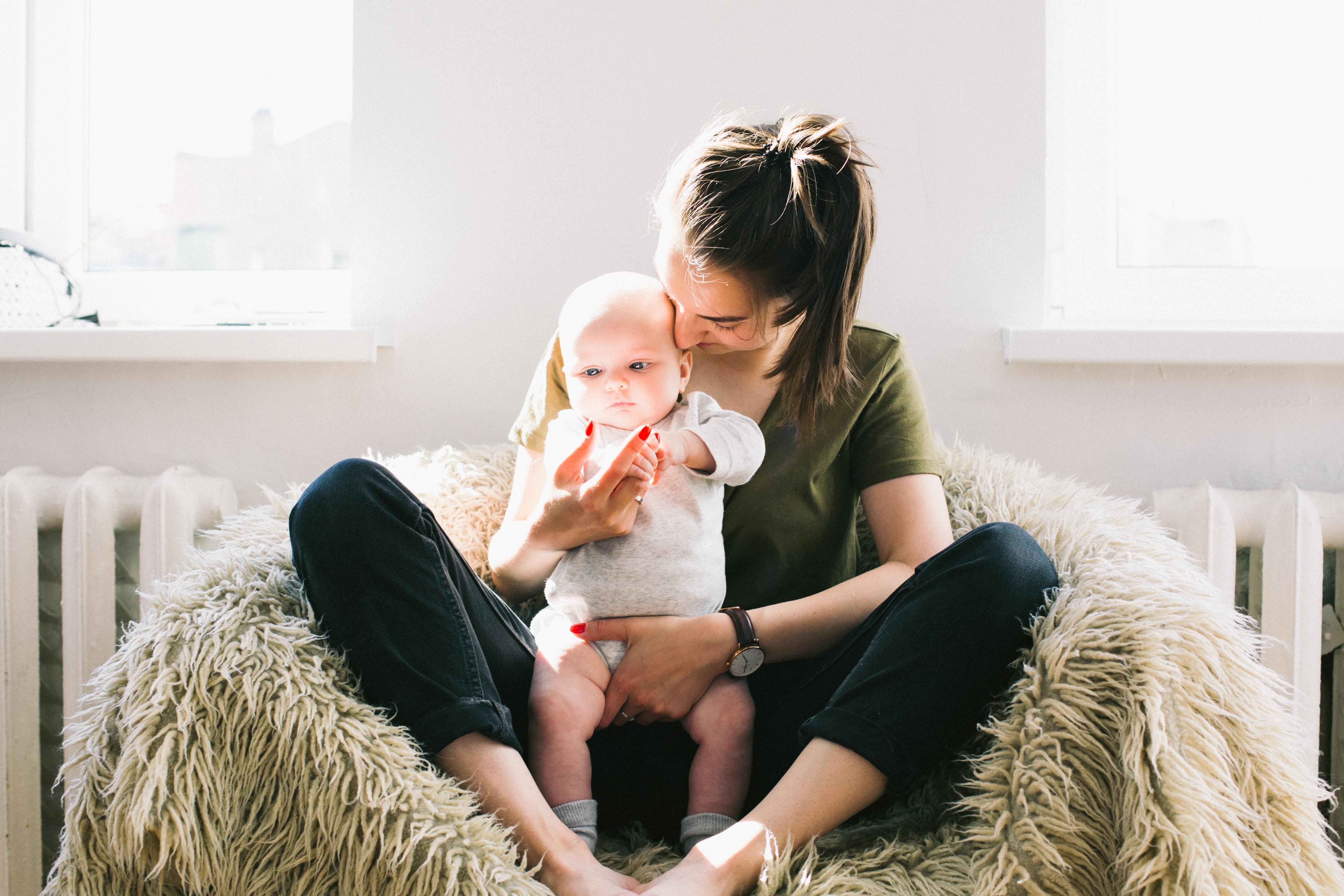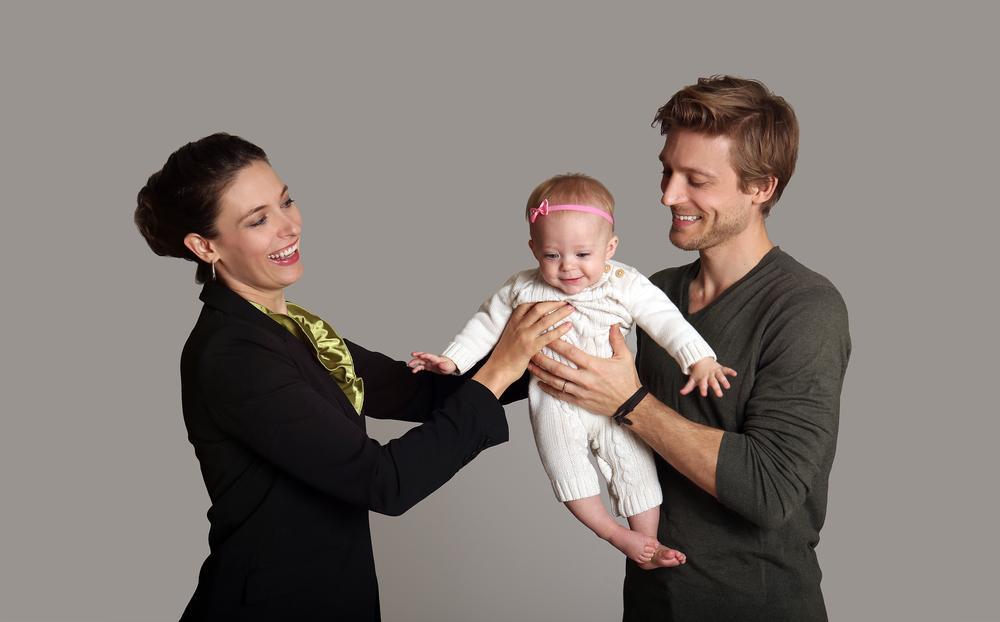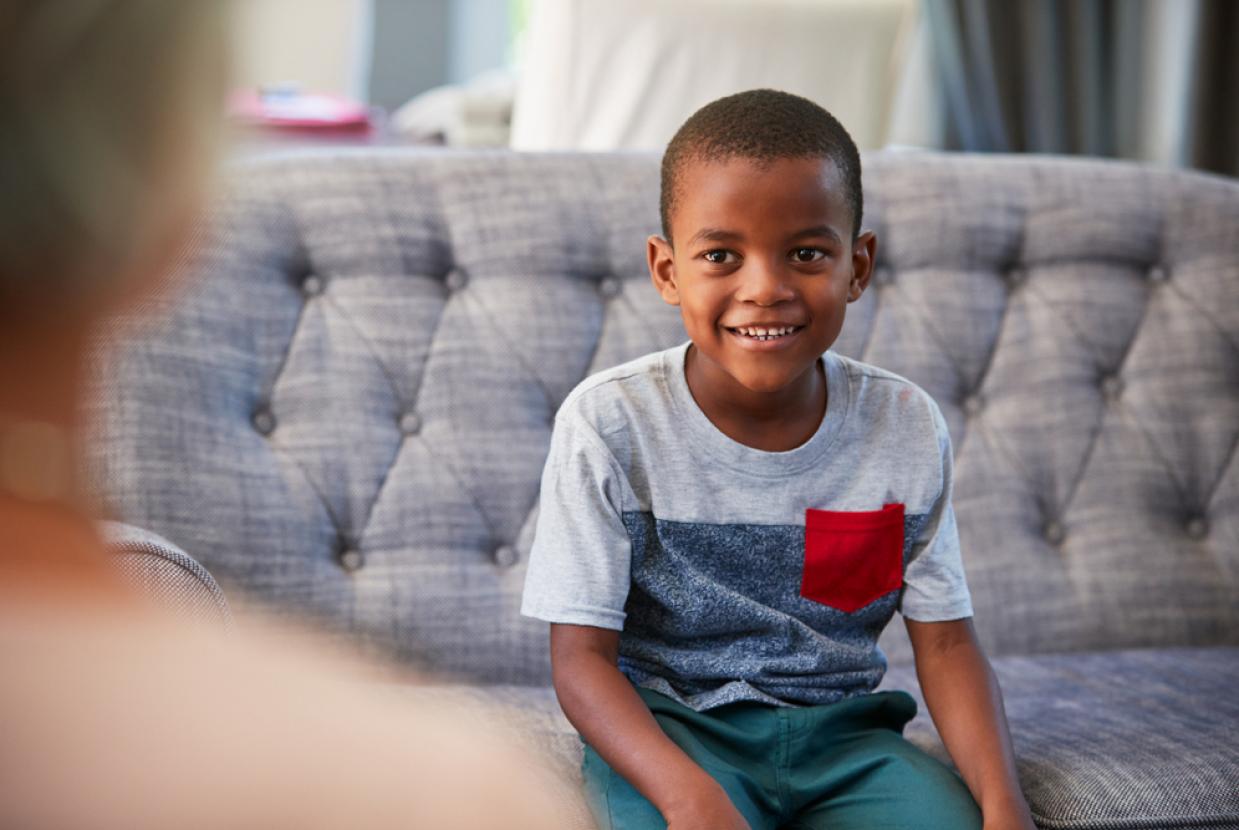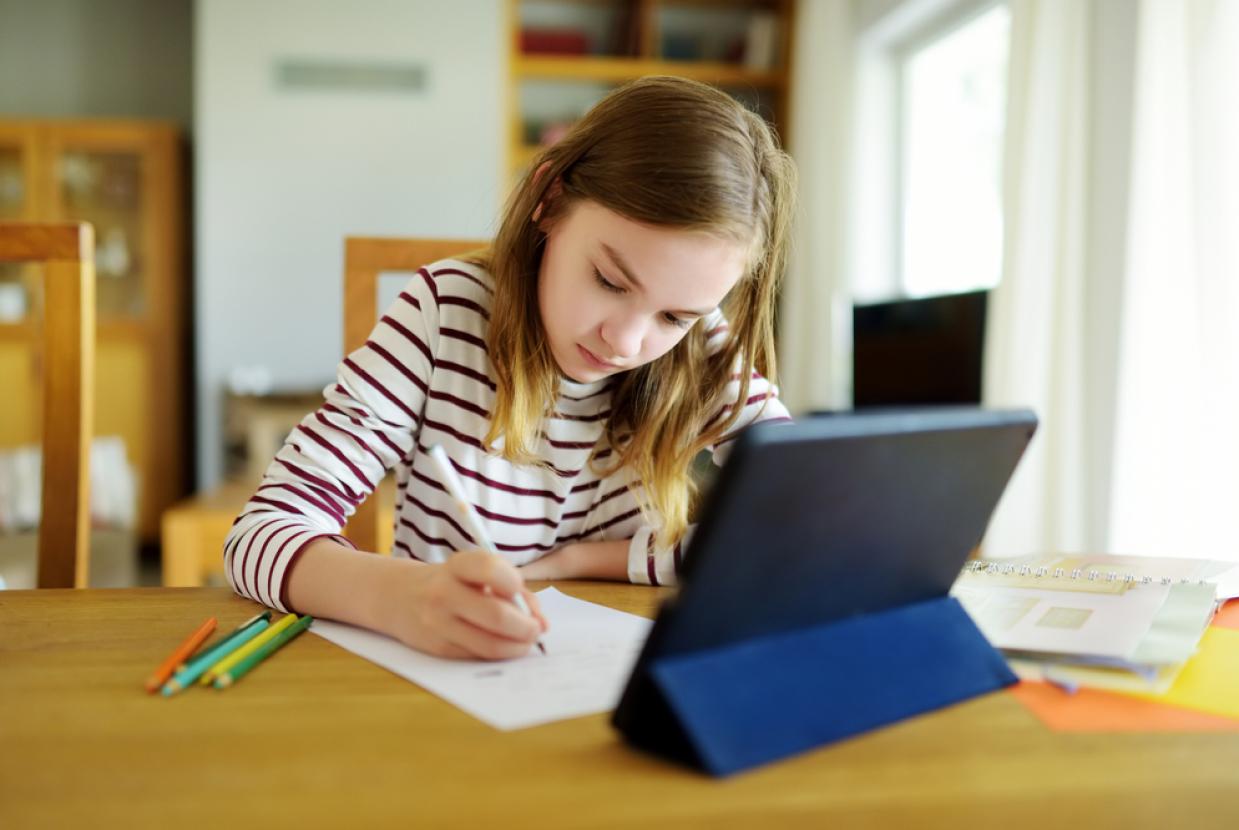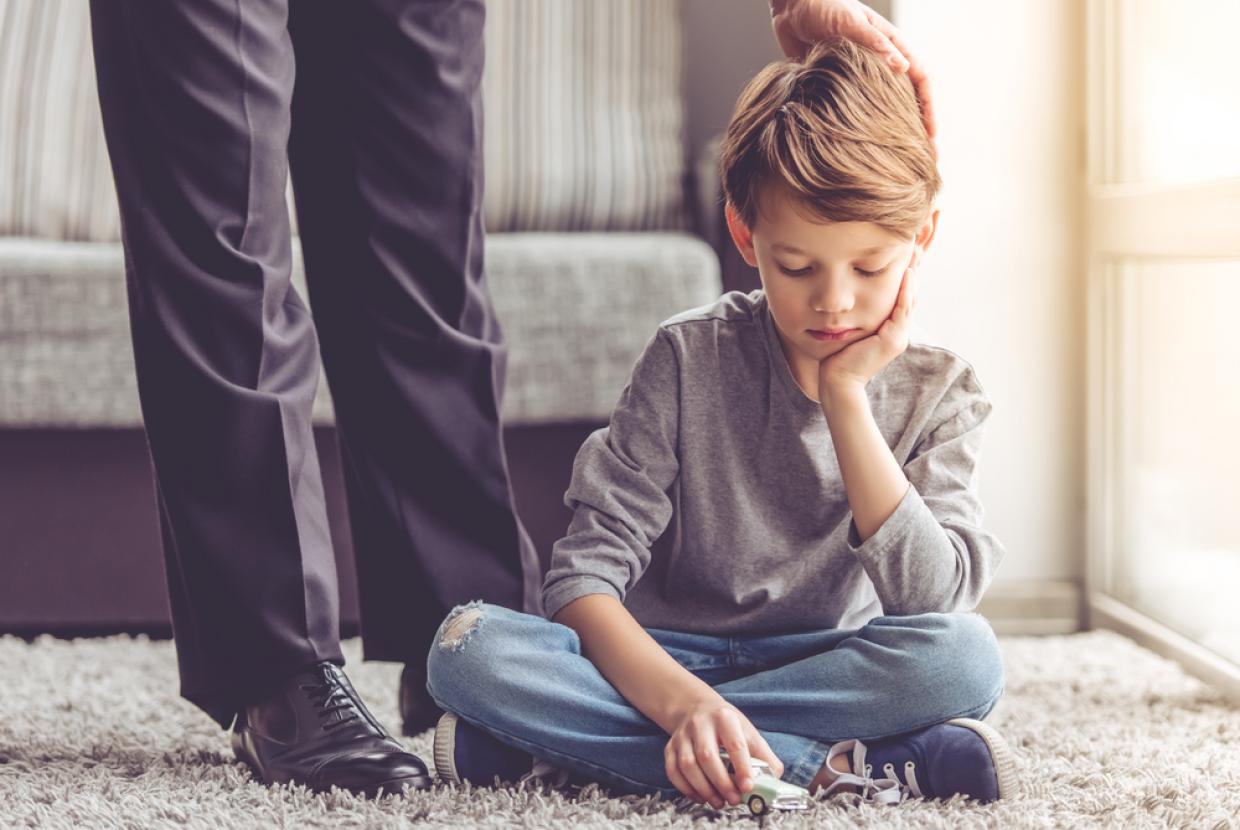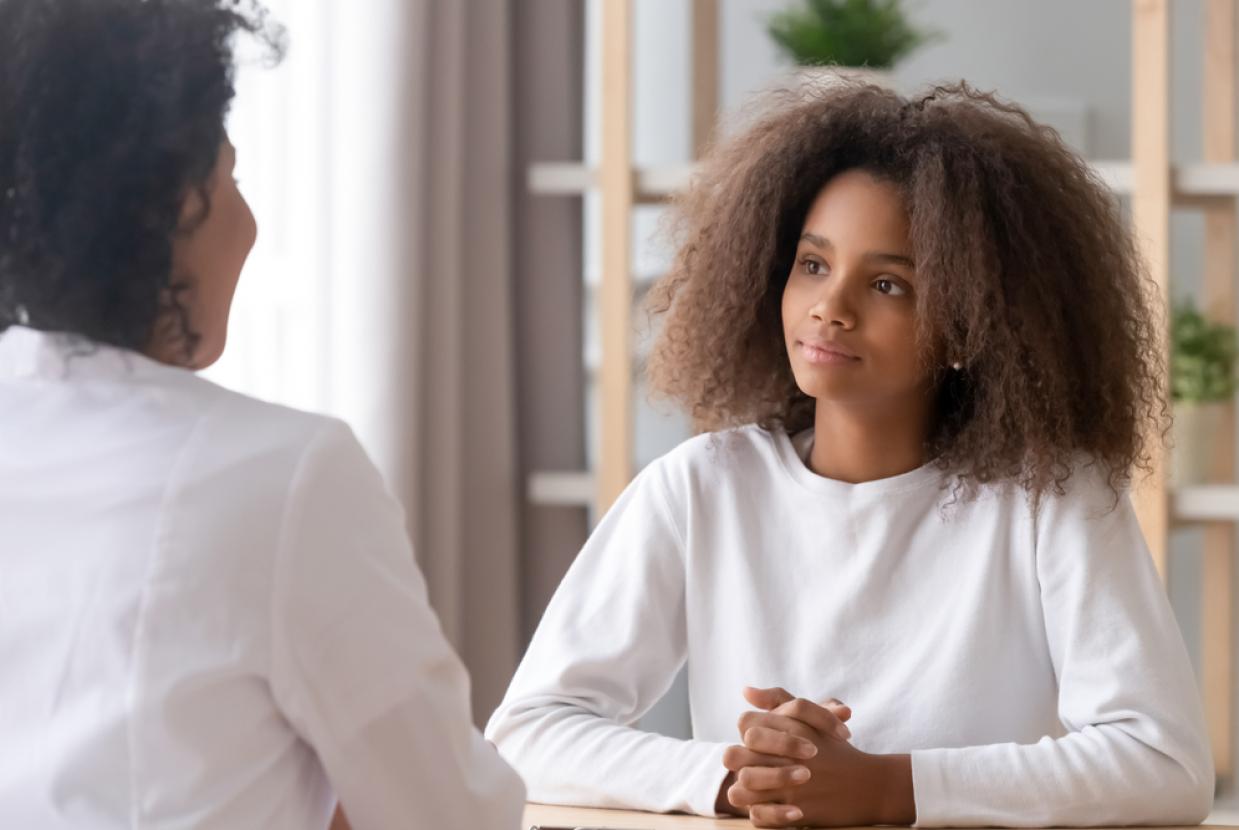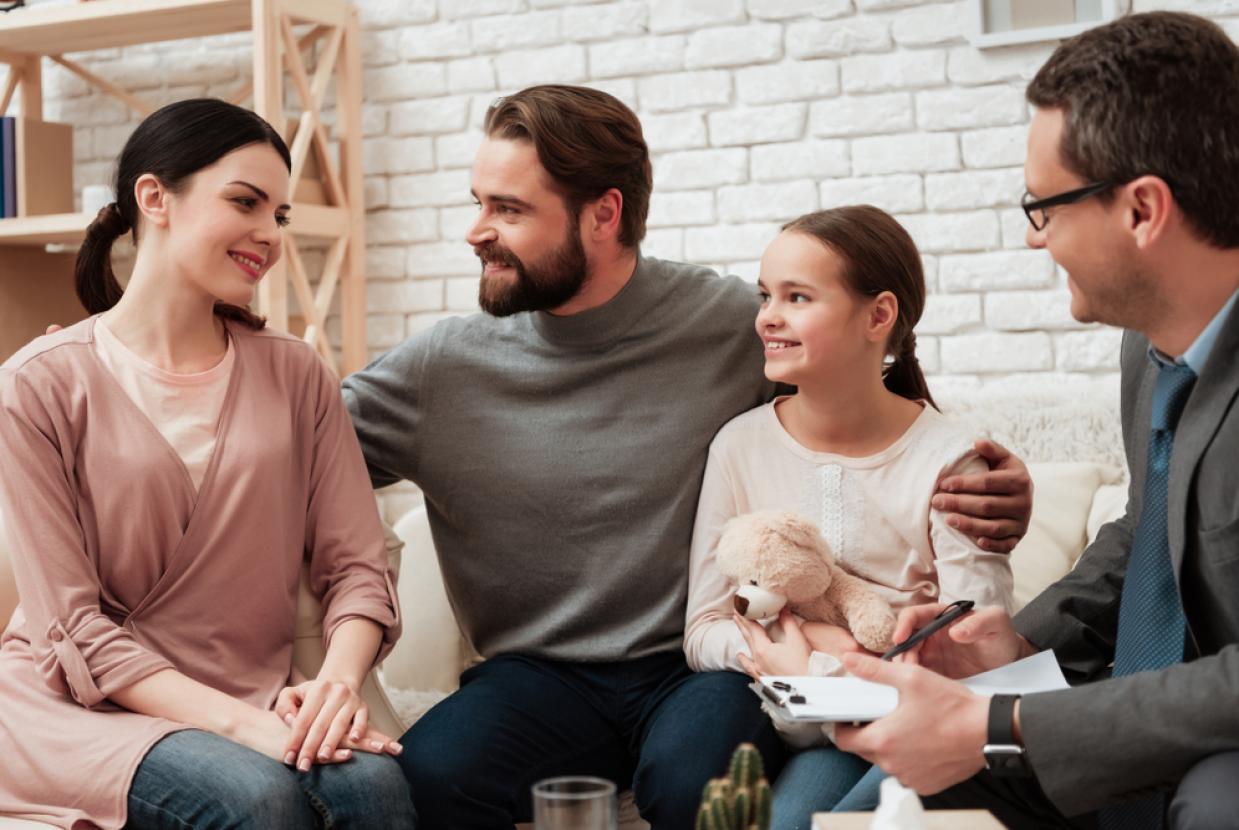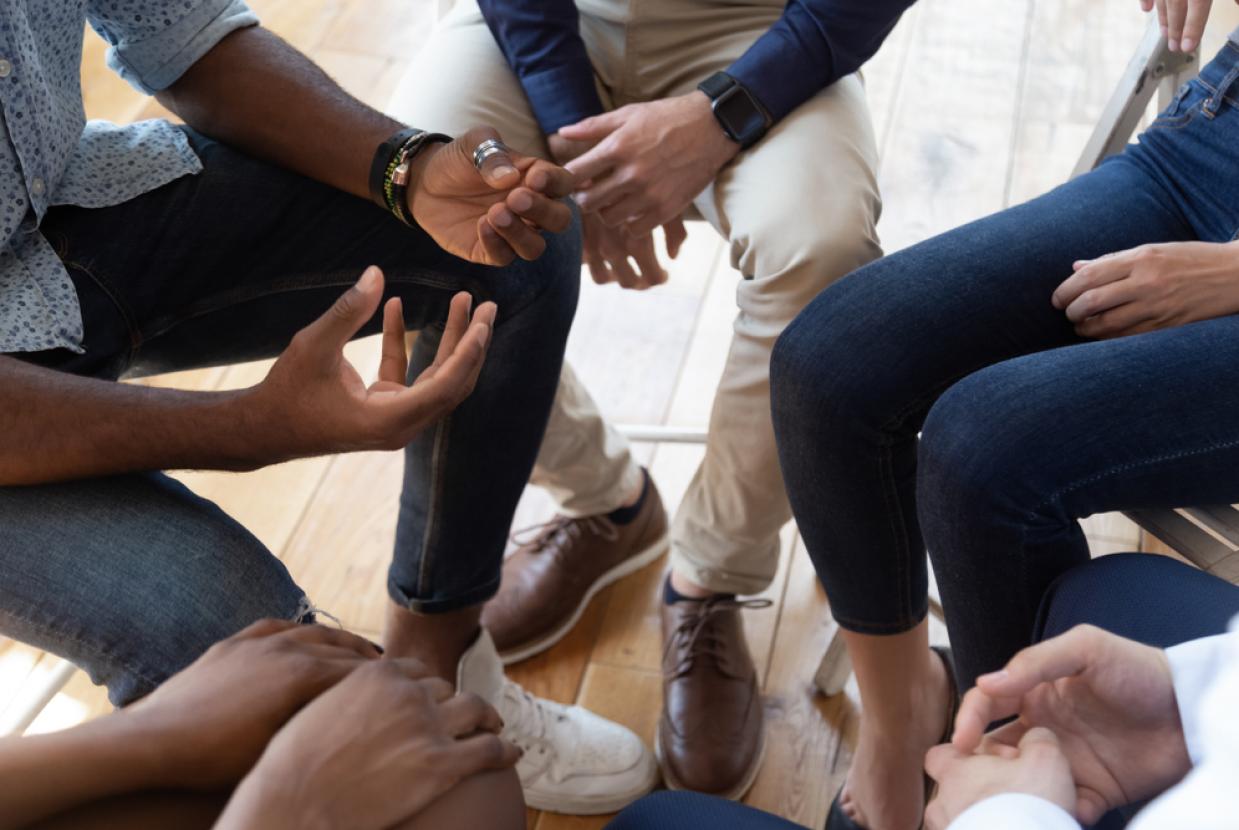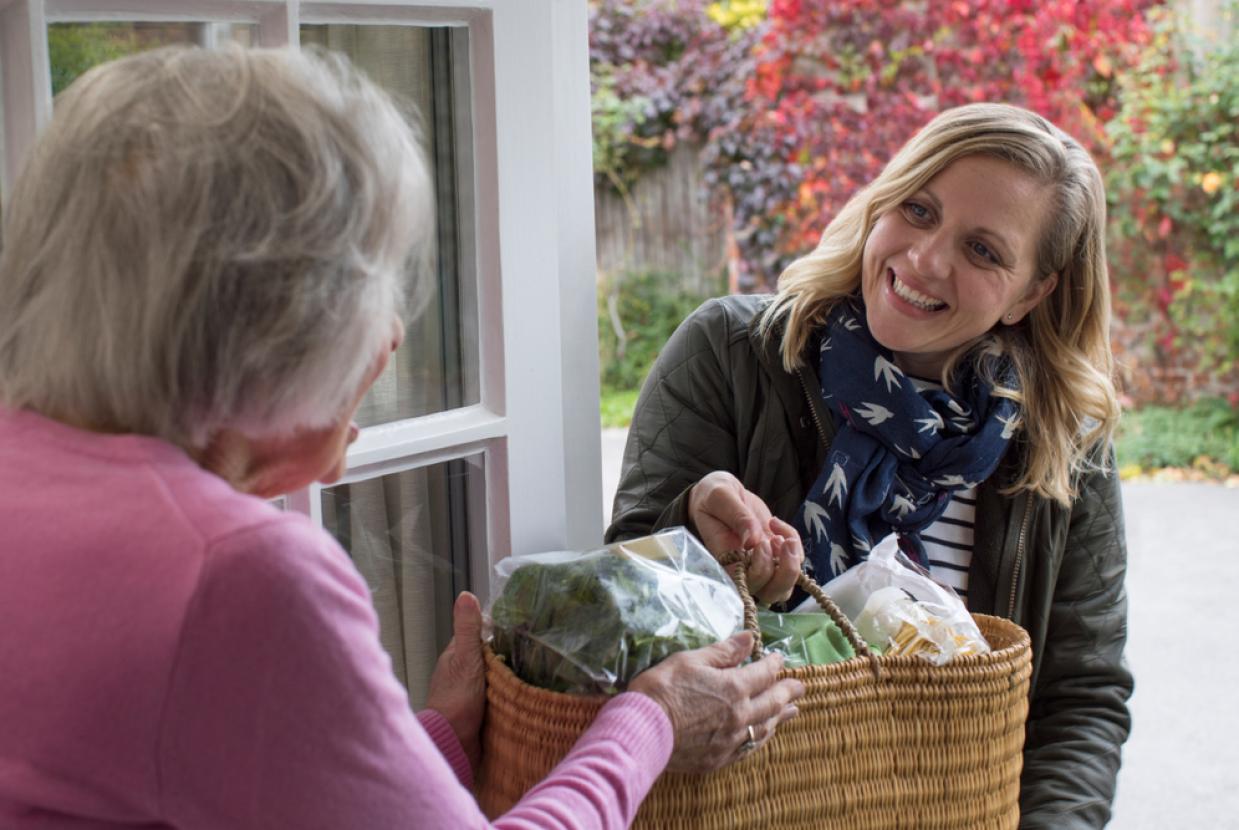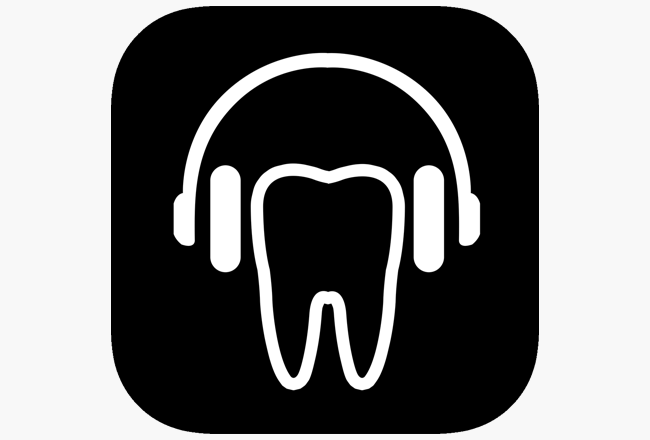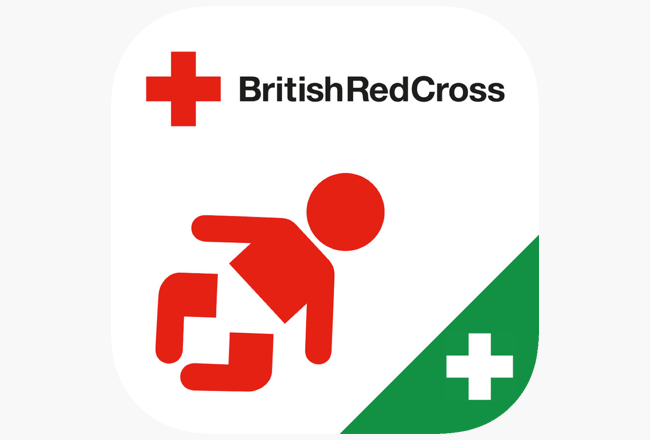How Young is “Too Young” for a Smartphone?
Family HealthThe pace with which smartphones have become established is remarkable, they are now as integrated into modern culture as cars or computers. Today around 30% of Children aged 9 own a smart phone, rising to more than 90% by the age of 16 (Mascheroni & Ólafsson, 2015). In the UK, 1 in 8 children have a mobile by the age of 8 (Aviva, 2017).
While there are a range of benefits to children using technology, there are also a number of undeniable risks. “What age should I give my child a phone?” is a common question we hear from parents. It can be difficult to strike the balance between keeping children safe and socially isolating them.
Impact of Smartphones on...
Young Children
There is no strict rule as to when children are “ready” for smart phones. Research has noted children of less than 30 months old cannot learn from videos in the same way as real-life. Therefore, one of the most significant positive factors of using technology does not apply to them.
What age do the benefits (or negatives) of technology begin to impact on children?
It is difficult to be clear about the possible benefits and opportunities of internet usage for young children. Some research will suggest that owning a mobile device will increase readiness for schools. Educational apps and games can help with development of skills that might otherwise be difficult for parents.
On the other hand, there are many reports suggest "too much tech" from a young age negatively impacts on children. This year, The Guardian reported that children were struggling to hold pencils properly because they had been playing with phones or tablets. In addition, a University of Toronto report found that “infants with more handheld screen time have an increased risk of an expressive speech delay” (Birken, 2017). They found that every 30 minute increase in the daily use of handheld screens in very young children translated into a 49% increased risk of speech delay.
Another risk related concern is very young people being able to connect with a wide range of individuals. Use of communication apps can leave them vulnerable to grooming. Less obvious, are potential dangers from interactions which are secondary to the purpose of the app. This was seen in 2017 when YouTube reporting function on children's videos had not been working properly.
It is difficult to argue that young children benefit greatly from ownership of a smartphone. While there are certainly some advantages to making judicious usage of educational apps, excessive or unrestricted access is highly detrimental.
However, that's not to say you can't occasionally let your young children watch a YouTube video or Skype with relatives!
Primary Age Children
Around 68% of parents think children should be at least 9 before they get their first phone, and around a third suggesting 12 as a minimum age. Equally, most parents will feel that it is appropriate for teenagers to have access.
Research tells us that 11 is when most children get their first phone. However, sites which children may want to access on their phone, such as Instagram and Snapchat, require you to be at least 13. Children younger than this could be exposed to content they are not ready for.
Another risk associated with primary aged children having a smartphone, is the the chance of them experiencing cyber-bullying. Research says that younger children would be more likely to report being the victim of physical bullying. Whereas, older pupils would be more likely to report experiencing more types of cyber-bullying. Not having a phone is by no means a guarantee of protection from online-bullying, but the link is significant.
What are the benefits?
Safety is a benefit parents will often think of when it comes to their child owning a phone. It is good to be able to contact your child as they start independent activities, like after school clubs or going out with friends. Access to the internet and services like Google Maps could assist if the child is lost, or unsure of where to ask for help.
Skills children develop by using technology, including smart phones, is increasingly important in later life. A report for the Department of Education in England noted that building digital skills were “an essential contemporary skill set”. Depriving a child of this may also inadvertently disadvantage them.
Additionally, there is the social aspect to having a phone. All parents are familiar with the cry that “everyone else in class has one”. However, statistics suggest that children may not be exaggerating in this regard. The Royal Children’s Hospital in Melbourne Australia released a report in 2017 stating that “Young children owning smartphones is the new normal”. Numbers for the UK broadly align with this. In effect, when deciding when a child should first receive a phone a parent is making a difficult choice that affects not just their safety or education development, but also their social status.
Teenagers and Young Adults
Most teenagers will have a smartphone. They are also extremely avid consumers of online content via their phones. Over a third of young people claiming to be online more than 6 hours a day on weekends and almost a quarter spending this amount of time on week days. UK usage in both cases is above the OECD average, meaning that parents in the UK face a greater challenge than parents of the rest of the world.
However, the benefits of phone usage can increase with age. Particularly as a young person becomes increasingly independent. With likely access to their own money, particularly for over 16's, there are less levels of potential parental control.
Despite the benefits, which the guide has explored, there are concerns around teens phone use too...
41% of parents said that they find it difficult to control their child’s screen time.
A report looking at over a thousand teens in Australia found that poor-quality sleep associated with late-night texting or calling was linked to a decline in mental health. The reasons given for such use, particularly late at night, were a “fear of missing out” on content. The reasons for this vary for boys and girls. Many girls noted major US-based social media influencers whose content they consume, means the time differences account for the "need" to be awake and active online at night. On the other hand, boys note that major video game content creators are based in East Asia, again complicating sleep. Poor sleep, coupled with potential cyber-bullying can have negative effects on teenagers. When they are put into stressful or difficult circumstances without the defence of being well-rested, it is easy to see how it can impact physical and mental health.
In Conclusion...
It is undeniable that smartphones are here to stay, at least for the foreseeable future. You know your child best, and therefore will be in the best position to decide what they access and when. Technology and children's usage of it is a concern for many parents, but it's important to remember that you are not alone in struggling with this subject. Parenting NI is here, for a listening ear and support with not only this but any parenting related issue.


